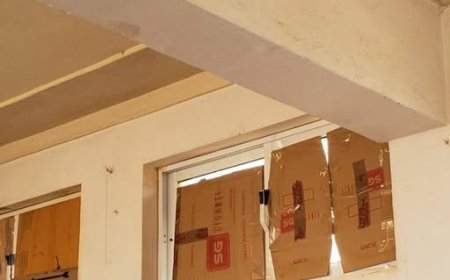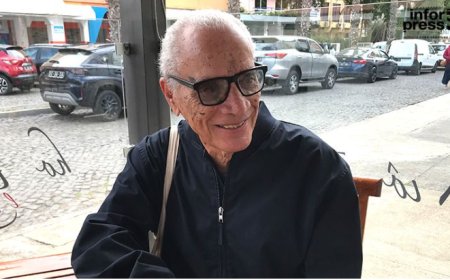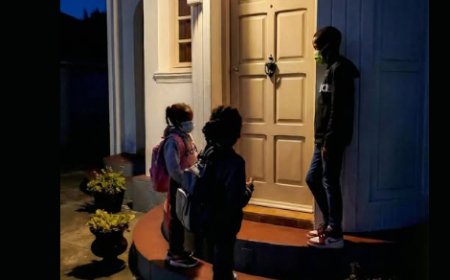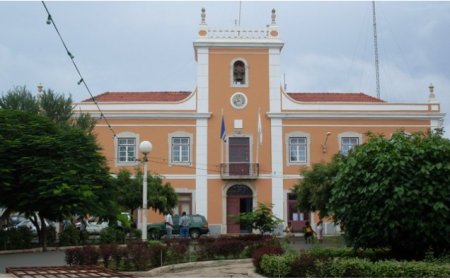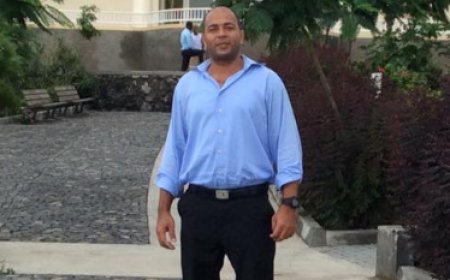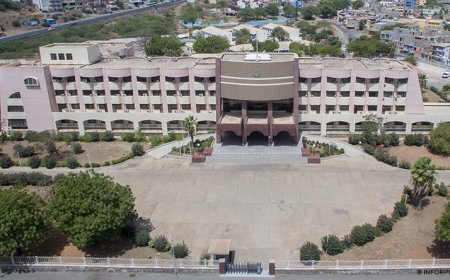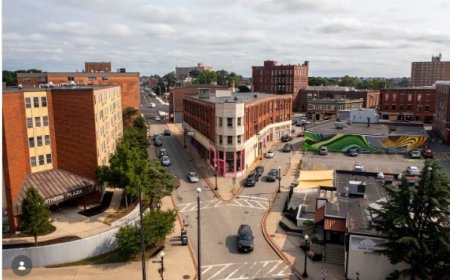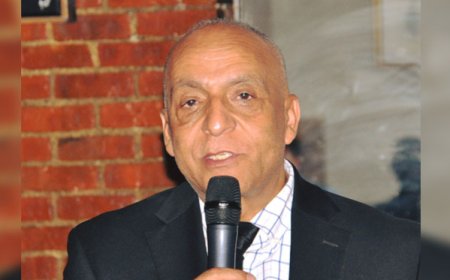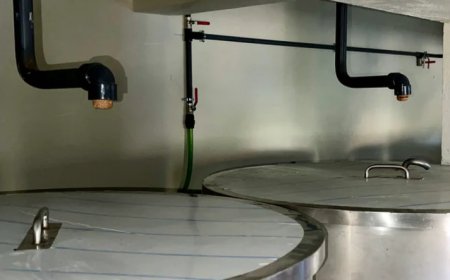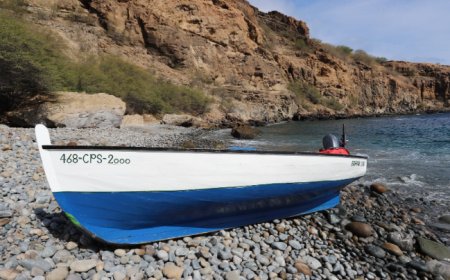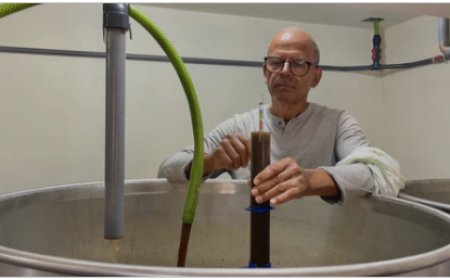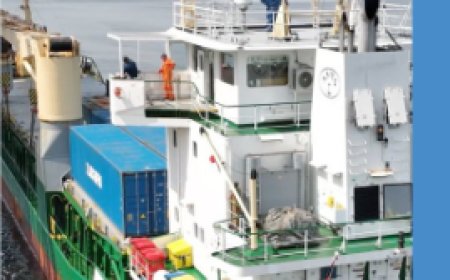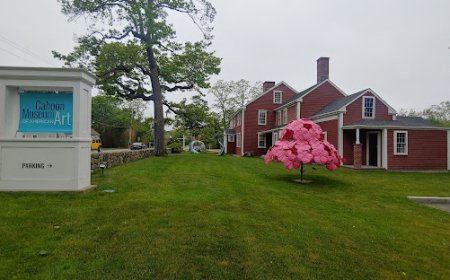Ilha Brava cries out for attention after 50 years of independence, as isolation and indifference mark half a century of waiting
Pawtucket City, April 30, 2025 (Bravanews) - Brava Island, a unique jewel embedded in the Atlantic, is celebrating five decades of independence, shrouded in a bitter sense of abandonment. The words of Helder Varela, a Bravense living in the United States and a retired teacher, echo the frustration and indignation of a population that feels constantly neglected by the central government. The island of Flores, once a beacon of culture and natural beauty, seems to be drifting like a "stone raft", in the poignant words of Mr. Rosa, quoted by Varela.

The recent episode of isolation, caused by persistent failures in maritime transportation services, once again highlights the fragility of the connection between Brava and the rest of the archipelago. For the inhabitants, this interruption is not an isolated event, but an alarming symptom of a deep-rooted indifference. The difficulty in receiving basic supplies, the obstacle to accessing essential health services and the impossibility of traveling to other islands directly impact the daily lives of the Bravenses, fueling a growing sense of exclusion.
"It is simply unacceptable that, after 50 years of independence, our island continues to be left aside, constantly isolated without due attention from the central government," says Helder Varela in an emotional comment. His passion for his homeland comes through in every word, laden with a deep sadness at the situation to which Brava seems to be condemned. "How can an island so rich in culture and beauty be treated with such indifference?" asks the retired teacher, raising a question that echoes in the hearts of every inhabitant.
The cultural richness of Brava is undeniable, with its vibrant traditions, charming colonial architecture and a historical legacy dating back to the first settlers of the archipelago. However, this intrinsic richness doesn't seem to be enough to warrant the necessary attention and investment from the central authorities.
Mr. Rosa, whose voice joins the chorus of discontent, uses a powerful metaphor to describe Brava's situation: a "Jangada de Pedra" adrift, quoting the work of Jose Saramago. This image evokes the feeling of isolation, aimlessness and abandonment amidst the vastness of the ocean. The lack of consistent investment in infrastructure, the precariousness of transport services and the apparent lack of priority given to the island's specific needs all contribute to this perception of being on the fringes of national development.
Helder Varela's statement is not just a lament, but also an urgent call to action. He calls for the government to rethink its attitude towards Ilha Brava and recognize its importance as an integral part of the archipelago. The dignity of the Brava population, according to the professor, necessarily requires more dedicated attention, investments that guarantee connectivity, access to quality services and the appreciation of its cultural and natural heritage.
The situation of Ilha Brava raises crucial questions about territorial cohesion and equity in the development of the archipelago. Fifty years after independence, the persistence of isolation and lack of attention to one of its islands calls for a deep reflection on the priorities and development policies implemented. The hope of the Bravenses lies in the possibility that their cry for help will finally be heard and that the island of Flores will be able to flourish fully, integrated and valued as it deserves within the nation.



















